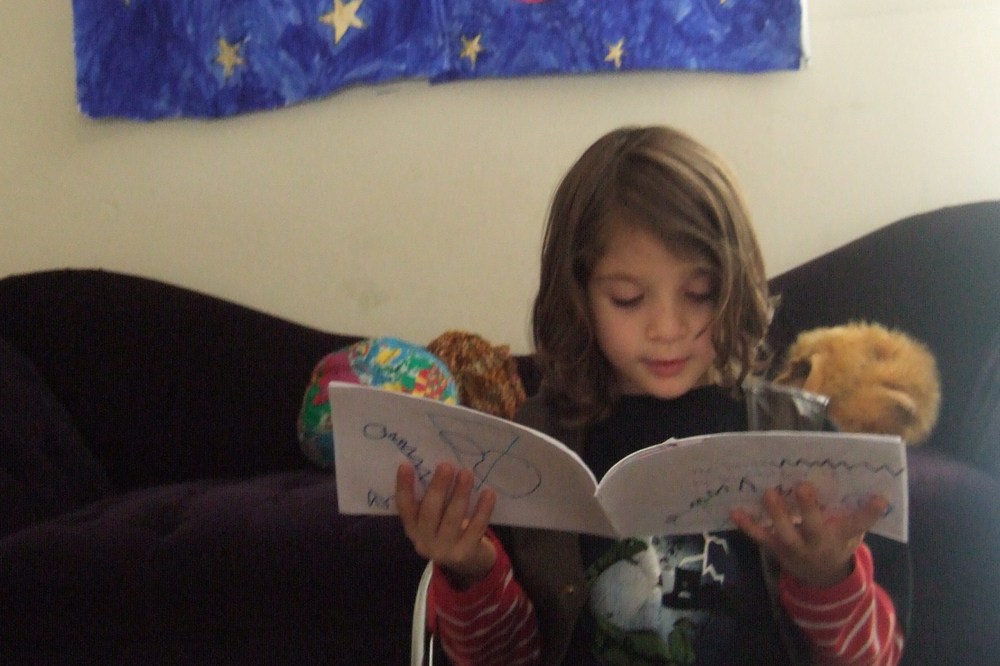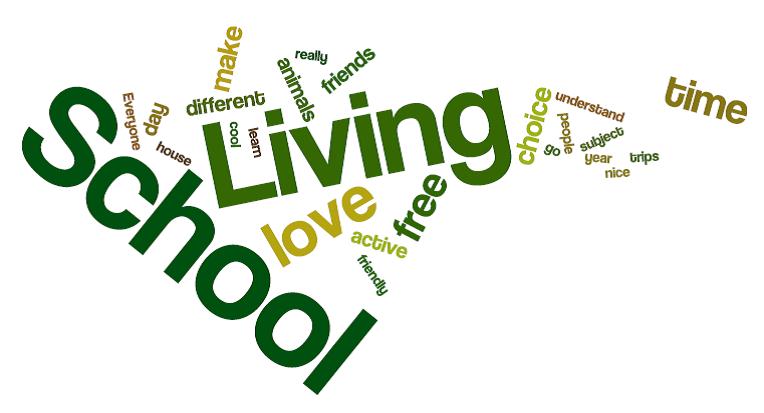What is place-based education?
/For the second in our series of guest posts, I asked Caitlin Macklin to explain the concept of place-based education as she and her students practice it at the 9th Street Schoolhouse. Feel free to ask Caitlin questions about this topic by posting a comment below.
Place-based education is all about connecting people with the land and each other. At the 9th Street Schoolhouse, I build curriculum around the tangible resources available in our particular place, instead of reading it—abstract—in a textbook. Learning that starts with the offerings of the real world connects students and families to their environment: natural, built, and social. Those connections strengthen ties to community and result in a deep-rooted sense of who you are. That in turn allows for a sense of satisfying purpose and fulfillment in life. Place-based education is about knowing, belonging, and having a positive impact on where you grow up, so that this relationship activates an ethic of care in adulthood.
The way to make learning stick is to bring it in through the body, all five senses alive and humming. The shape of the streets, the contours of the land, the secret spots to find raccoon tracks, the smells of cold winter air tinged with cedar smoke: it all becomes so much a part of you that in adulthood you make choices to preserve community and protect land; you think about your actions rippling out to the people and spaces you love deeply. Your values trump any ambition for profit at the expense of others and limit out-of-control growth. It’s exactly that sense of place that Wendell Berry describes—the place IS you: you eat it and breathe it, and if you pay attention to it you don’t need any experts to tell you what it needs in return.
Place-based education is . . .
. . . reading a geologic map to find out where the igneous rocks are in town, heading out to Pilot’s Knob to look for the old volcano, walking on the limestone at McKinney Falls that’s imprinted with the track of the lava flow, examining granite crystals in the big boulders that fell off the train on the way to build the state capitol.
. . . catching and holding a wiggly lizard, looking at its form and function, filling a dish with water and putting it in a protected spot under a rosemary bush, out of harm’s way.
. . . walking five blocks down to Boggy Creek, playing hide-and-seek and identifying poison ivy, tossing rocks and watching them splash through algae on the surface. Taking water samples and measuring, graphing, and computing the data you collect. Using hand lenses to look at macro-invertebrates and drawing conclusions about water quality. Asking questions about where the bottles and chunks of metal, tattered cloth, and food wrappers come from, and what happens when creeks get polluted; where does the water go, and where does it come from? Organizing a trash cleanup and inviting neighborhood groups and local agencies to help. Writing letters to city officials to ask for changes in laws and calling nearby businesses to encourage them to reduce waste.
. . . getting to know your neighbors, the parents in your school community, the local business owners: Who can help fix a faucet? Who makes the best pot of beans? Who’s been to China? Who served in the Vietnam War? Who can donate scrap paper, fabric, wood?
Place-based education is teaching children to ask meaningful questions—to observe their unique surroundings—to notice the structures that circumscribe their lives. It’s helping them seek answers, creating opportunities for them to present their knowledge to real people, and applying it to community life.
Caitlin Macklin













